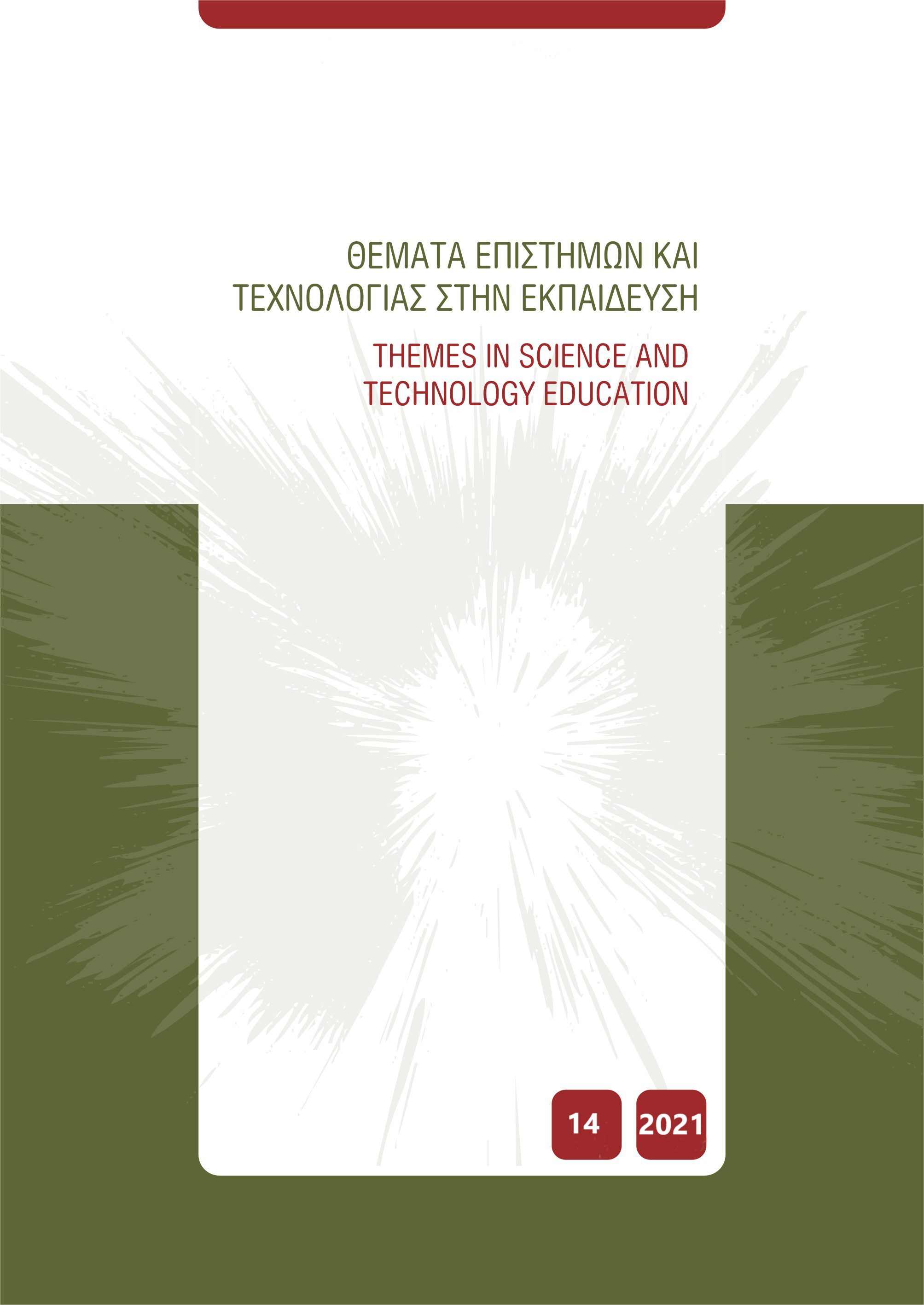Διερεύνηση της αποδοχής και χρήσης των φορητών συσκευών ως υποστηρικτικών εργαλείων μάθησης στην τριτοβάθμια εκπαίδευση
Abstract
Η παρούσα έρευνα στοχεύει στη διερεύνηση των παραγόντων που επηρεάζουν την πρόθεση και την αποδοχή των φοιτητών στη χρήση των φορητών συσκευών στις σπουδές τους. Ερευνητικό εργαλείο αποτέλεσε μια τροποποιημένη εκδοχή
της Ενοποιημένης Θεωρίας Αποδοχής και Χρήσης της Τεχνολογίας (UTAUT) προσαρμοσμένη στο ελληνικό πλαίσιο. Συνολικά, συμμετείχαν 217 φοιτητές του Τμήματος Επιστημών Προσχολικής Αγωγής και Εκπαίδευσης, του Αριστοτελείου Πανεπιστημίου
Θεσσαλονίκης. Το ερευνητικό εργαλείο έδειξε αξιοσημείωτη εσωτερική συνέπεια και αξιοπιστία, με μεγάλη ισχύ για τη συλλογή των δεδομένων. Οι Συνθήκες Διευκόλυνσης και η Ενίσχυση της Μάθησης είναι οι παράγοντες που επηρεάζουν στατιστικά σημαντικά την πρόθεση των συμμετεχόντων να χρησιμοποιήσουν τις φορητές συσκευές στις σπουδές
τους. Επιπρόσθετα, οι παράγοντες Συνθήκες Διευκόλυνσης, και Ενίσχυση της Μάθησης Χρήσης φάνηκε να επηρεάζουν στατιστικά σημαντικά τους συμμετέχοντες αναφορικά με την πραγματική χρήση των φορητών συσκευών στις σπουδές τους. Τα ευρήματα της παρούσας έρευνας ενισχύουν τα δεδομένα σχετικά με τη χρήση φορητών συσκευών από φοιτητές για τις σπουδές τους.
Article Details
- How to Cite
-
Ζαχαρής Γ., & Τσιτουρίδου Μ. (2021). Διερεύνηση της αποδοχής και χρήσης των φορητών συσκευών ως υποστηρικτικών εργαλείων μάθησης στην τριτοβάθμια εκπαίδευση. Themes in Science and Technology Education, 14, 95–108. https://doi.org/10.12681/thete.39960
- Issue
- Vol. 14 (2021)
- Section
- Articles






